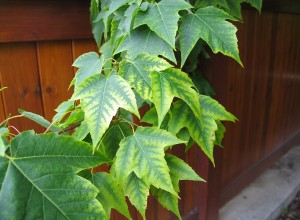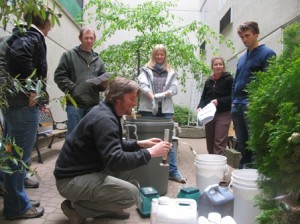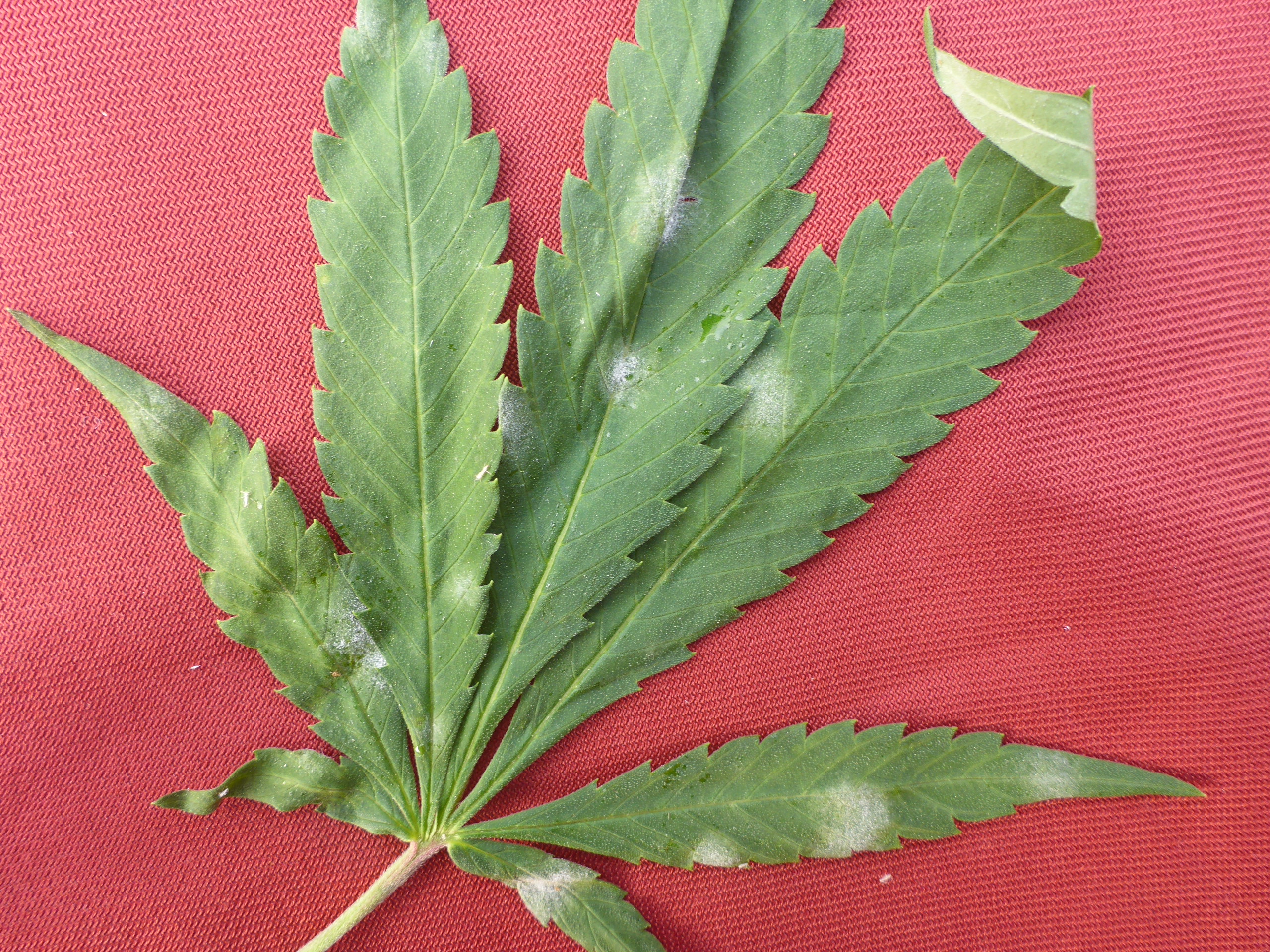Training Services
|
We offer on-site training on a variety of topics. Your staff will improve on their technical expertise and will be better equipped to answer questions from your customers. Our presentations combine technical information and hands-on practice with real-life situations. Our methods are based on modern adult education techniques. |
||
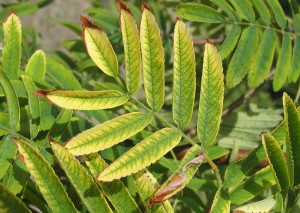
Diagnostic of Plant ProblemsWhat is wrong with my tree? If you hear this question from your customers, this workshop is for you. The afternoon portion is hands-on with real plants. Learning outcomes: Differentiate between living and non-living symptoms of plant diseases Review weather conditions that favour development of insects and diseases Hands-on portion with real examples to practice concepts
|
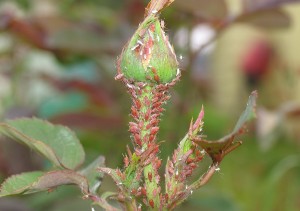
Pest Management and IPMA series of one-day workshops cover identification, typical damage and management methods for insects, diseases or weeds. There is a strong emphasis on prevention, non-pesticide control and least-toxic pesticides. A separate one-day workshop reviews the practical application of IPM in urban areas. It is designed for landscape maintenance companies and pest management companies. Participants review the IPM components of service programs they can offer their customers.
|
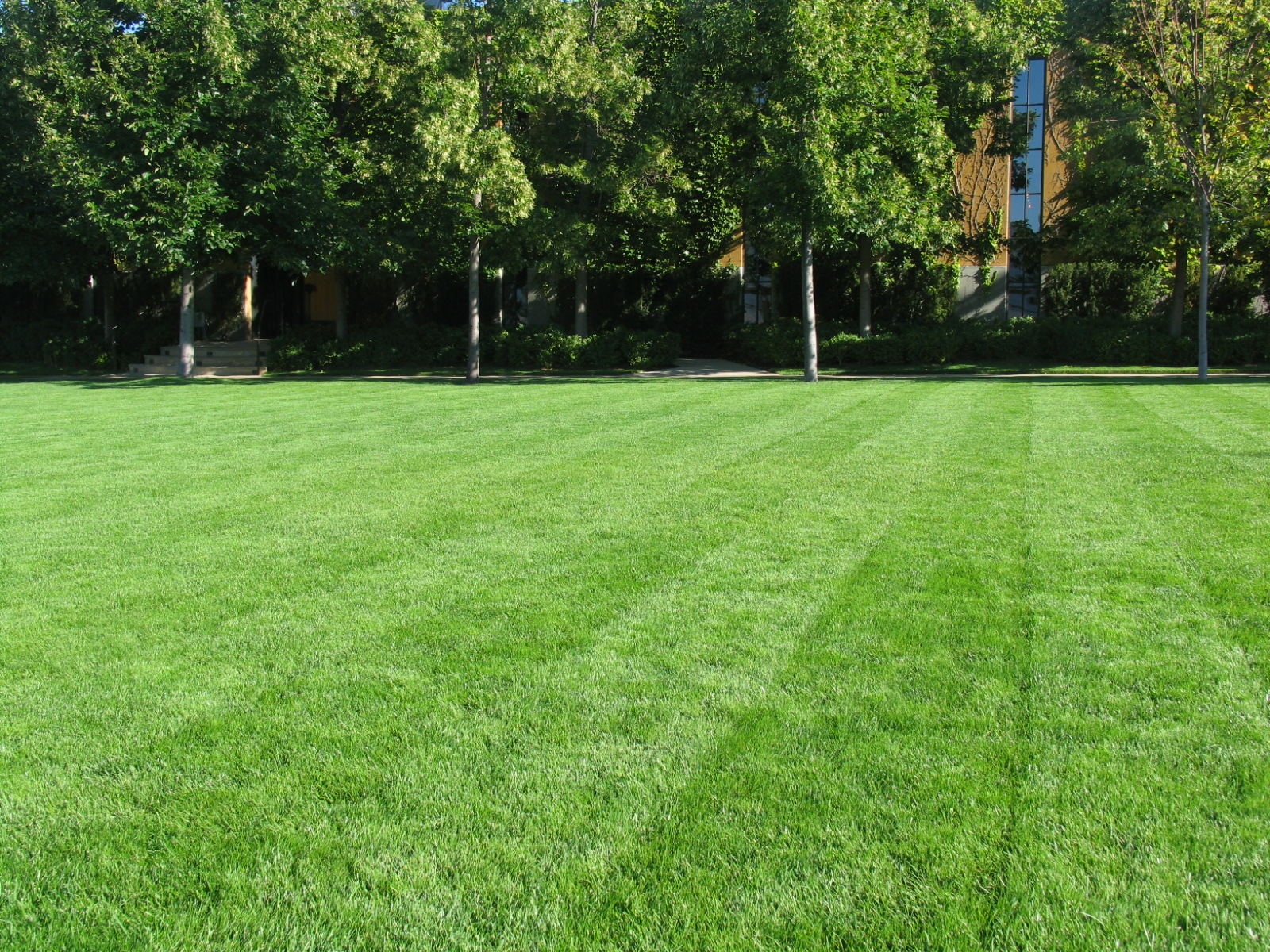
Lawns and Turf Pest ManagementThis workshop reviews modern practices for pest management in lawns, either natural programs without synthetic pesticides, or conventional programs with a focus on cultural practices. The contents are based on the 2019 publication Turf IPM Manual for British Columbia, prepared by our company and published by the Allied Golf Association of British Columbia.
|
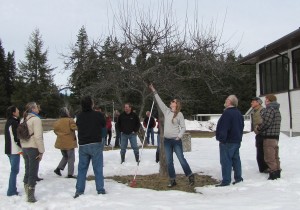
Pruning of Trees and ShrubsThis one-day workshop will review important concepts such as good tree structure, There will be a strong focus on the modern thinking for pruning – minimizing cuts so the tree can heal rapidly. As a bonus, we discuss pruning to increase production in fruit trees and flowering in shrubs.
|
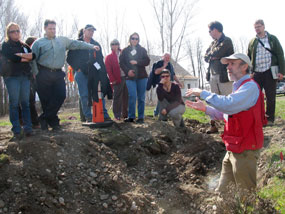
Planting Trees and ShrubsThings that are done at the time of planting will have a big impact for years afterwards. This one-day workshop reviews the practices that make a difference – the planting hole, the soil to add, the mulch to apply, and methods to conserve water after planting. Of special interest, we will examine root systems on plants received from the nursery and discuss the corrective actions ahead of planting.
|
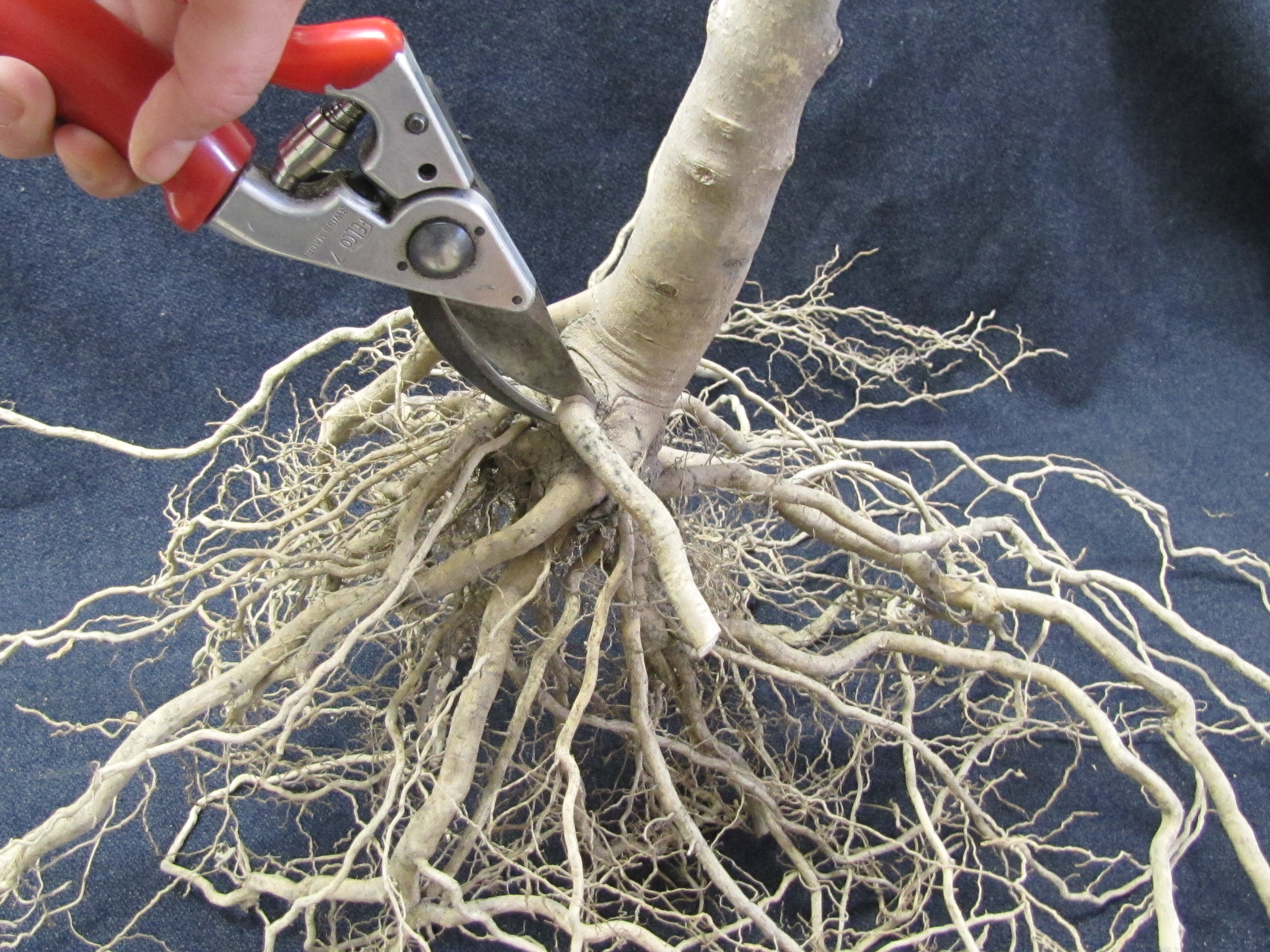
Management of Plant RootsTrees can arrive at our facility with defects that will impact the long-term survival. This 90-minute session will review the most common defects and methods to correct them. We will examine the practices that trigger these root defects and their importance for longer term survival. Part of the session will be with real plants showing circling roots, ascending roots or kinked roots.
|
|
|
|
|

